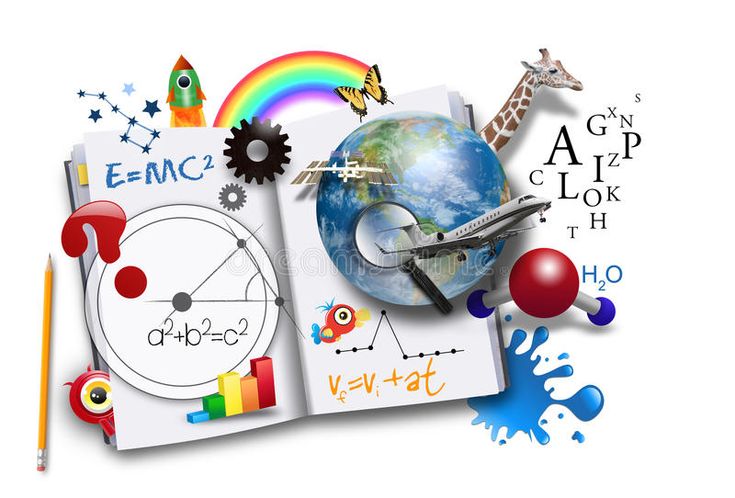Maths is not just for mathematicians. In fact, mathematics can help develop essential skills that can benefit all students across their entire academic, personal, and professional lives.
For instance, imagine a student who loves playing video games but struggles with understanding the game’s underlying mechanics. By learning Mathematics, the student can develop problem-solving skills that enable them to tackle complex in-game challenges, understand algorithms and make the best decisions.
Or, consider a student who enjoys baking but is not confident when adjusting recipes or calculating ingredient proportions. Maths will teach them the principles of measurement, ratios and fractions, which are essential to baking. This understanding can help the student adjust recipes to fit their preferences or to make more significant batches of baked goods.
These are just a couple of simple examples of how mathematics can extend beyond the classroom to everyday life and work.
Problem Solving and Critical Thinking Skills
One of the main benefits of learning Mathematics is that it teaches students how to solve problems using critical thinking skills, logical reasoning, and mathematical principles. This is useful in all academic subjects and in many real-life situations. By learning Mathematics, students can gather relevant information, think through solutions, and consider alternative ways of thinking.
Cognitive Development
Mathematics is also important for cognitive development. In formal education, the goal is to provide opportunities for all students to grow and develop cognitively. This involves the ability to pay attention and learn different focusing techniques, the growth of long-term and short-term memory, the ability to reason, and the formation of auditory and visual processing. Mathematics is an essential subject for students who want to develop these skills.
Career Opportunities
Mathematics is also useful for students who want to pursue careers in fields such as engineering, finance, computer science, and research. It provides students with the necessary foundational skills they need to succeed in these fields and opens up a wider range of career choices.
The Language of Science and Technology
Mathematics is the language of Science and Technology. By studying Mathematics, students gain an understanding of the principles that underlie scientific and technological advances. They can appreciate the beauty and elegance of mathematics in the natural world. This includes an understanding of the symmetry of nature, the science behind the changes of seasons, and the ability to engage in more complex applications of technology in different fields.
Data Analysis and Statistical Reasoning
Mathematics also equips students with the skills to analyse data and use statistical reasoning. This skill is useful in all areas of life, from personal finance to public policy. Students learn how to communicate complex ideas using symbols and formulas which are essential for effective communication in many fields, including the sciences, all fields of engineering, finance, and business.
To sum up
Mathematics is not just for accountants and engineers. Maths teaches critical thinking and problem-solving skills, can open up career opportunities, can be applied to our understanding of the natural world, and improves decision-making skills around the practical areas of everyday finance.

